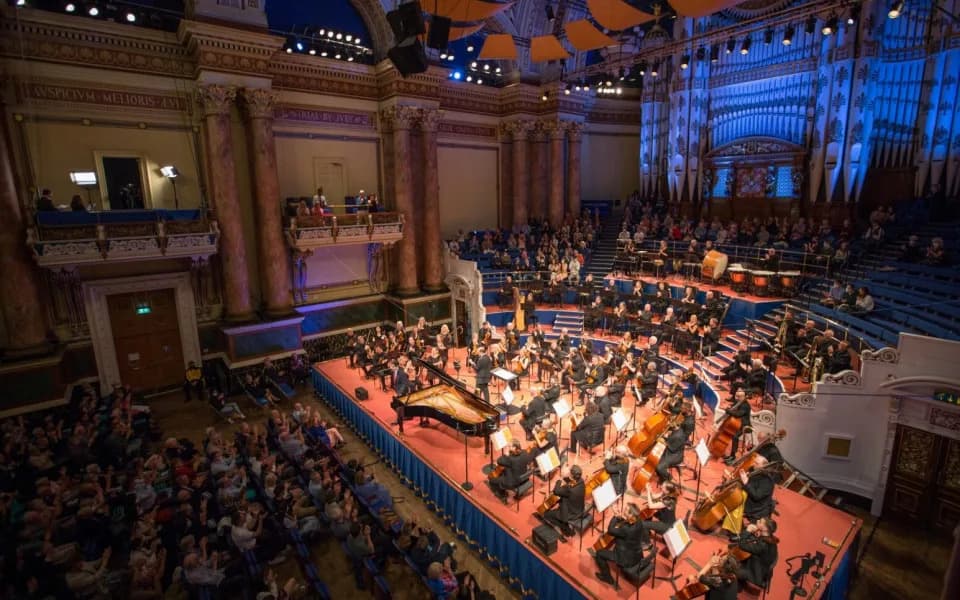 The life of the pianist is, by necessity, solitary. For many of us, the solitude is not an issue: we crave a sense of apartness to enable us to do our work and to create special connections with audiences when we perform, and we need quietude to allow time for self-reflection and evaluation.
The life of the pianist is, by necessity, solitary. For many of us, the solitude is not an issue: we crave a sense of apartness to enable us to do our work and to create special connections with audiences when we perform, and we need quietude to allow time for self-reflection and evaluation.
The sequestered nature of the pianist’s life also calls for great self-reliance: we must be self-starting, motivated, driven and focused to ensure our work (practising and preparation) is done each day. Most of us draw pleasure and satisfaction from knowing our work is done and done well, but without other colleagues and musical companions to interact with, it is easy for self-doubt to creep in, for us to question our role or our value, to ask “am I good enough?”.
Such negativism can stem from a performance which didn’t go to plan, the disappointment (and anger) from failing an exam or audition, a less-than-favourable review or some ill-advised comments from a teacher or mentor. Alone with our thoughts, such things can fester and grow into bigger problems than they need to be, and while most of us know that these things should simply be put down to “experience”, reflected upon and then put to one side, it can sometimes be difficult to shrug off feelings of inadequacy.
In his book ‘The Mindful Pianist’, teacher and pianist Mark Tanner notes the importance for the pianist of exercising “self-compassion” as a protection from the feelings of failure that can develop from setbacks, in addition to negative self-talk, lack of self-esteem, or dismotivation which can plague us when we spend so much time alone.
Self-compassion is really no different from having compassion for others: the ability to recognise or understand difficulties, pain or suffering, and to respond in a kind, humane and sympathetic way. Having compassion enables us to offer understanding and support when someone makes a mistake, and demonstrates that we appreciate that we are all human and that suffering, failure, and imperfection are all part of the shared human experience.
By exercising self-compassion, we simply turn these kind and sympathetic responses back on ourselves. It involves acting in the same way as we would towards others when we are having a difficult time, fail or notice something in ourselves which we don’t like.
Self-compassion can be defined in three elements – self-kindness, mindfulness and common humanity – and can be applied to the pianist’s life and work as follows:
Self-kindness helps us cease the self-evaluation and critical assessment, the negative self-talk, asking “am I good enough”, comparing ourselves to others and the subsequent feelings inadequacy.
By exercising self-kindness we can recognize that perfection is an unattainable artificial construct, that when we fail, we need not judge ourselves too harshly, but instead accept that we are human, and appreciate that being imperfect, failing, and experiencing life’s difficulties are inevitable. By being self-compassionate we can be more gentle with ourselves when confronted with painful experiences rather than getting angry when life falls short of our expectations or set ideals. This can lead us to greater emotional equanimity.
From the musician’s point of view, such an attitude enables us to work with curiosity and open-mindedness, to be more self-inquiring, to regard mistakes as tools for learning and self-improvement, and to be kind to ourselves when lack of time or motivation means we may not get as much practising in on a given day as we’d hoped.
Mindfulness helps us to be non-judgmental and to take a balanced approach to our emotions. Being mindful allows us to observe our thoughts and feelings from a distance, and for the musician it encourages a positive attitude towards mistakes (learning tools) and setbacks.
Mindfulness also means “living in the moment” and being awake to experience: for the musician mindfulness encourages us to practise thoughtfully, with concentration, commitment, improved focus and care.
In a performance situation, it encourages us to focus on creating the sound we hear on the spot, and to immerse ourselves in the vibrancy and “now-ness” of the music, rather than over-thinking what we are doing or getting caught up in comparing the performance to the ideal one we have in our head. It also enables us to banish the destructive “inner critic”, to be less “over-identified” with our thoughts and feelings, and to be accepting of our own strengths and weaknesses.
Common humanity is about recognising that personal inadequacy, vulnerability and failure are part of the shared human experience – something we all go through rather than being something that happens to “me” alone. By recognising this, we accept that we don’t need to be singled out as the “most” or “least”, “best” or “worst” of anything, and we can become more objective about who we are in the world and how we choose to be. For the musician specifically, this includes not constantly comparing oneself to others but rather being accepting of who we are, and freeing oneself from the tyranny of perfectionism.
Self-compassion can protect us from the negative thoughts, self-doubt or feelings of inadequacy that the life of the musician may provoke, but it can also encourage us to open ourselves up to the full spectrum of our experience which is the starting point for truly compelling and mature musicianship.
Garrick Ohlsson: Liszt – Mephisto Waltz No. 1
More Opinion
-
 What Makes a Good Concert? A memorable concert requires four essential elements. Find out here
What Makes a Good Concert? A memorable concert requires four essential elements. Find out here -
 The Musician’s ‘Non-Negotiables’ Want to level up your music practice? Take inspiration from 'The Bear'
The Musician’s ‘Non-Negotiables’ Want to level up your music practice? Take inspiration from 'The Bear' - The 12th Hamamatsu International Piano Competition
Judgement Explore how they're setting new standards in competition judging -
 Has The Leeds Piano Competition Gone Woke? The Leeds Piano Competition's new guidelines spark debate. Share your thoughts!
Has The Leeds Piano Competition Gone Woke? The Leeds Piano Competition's new guidelines spark debate. Share your thoughts!



